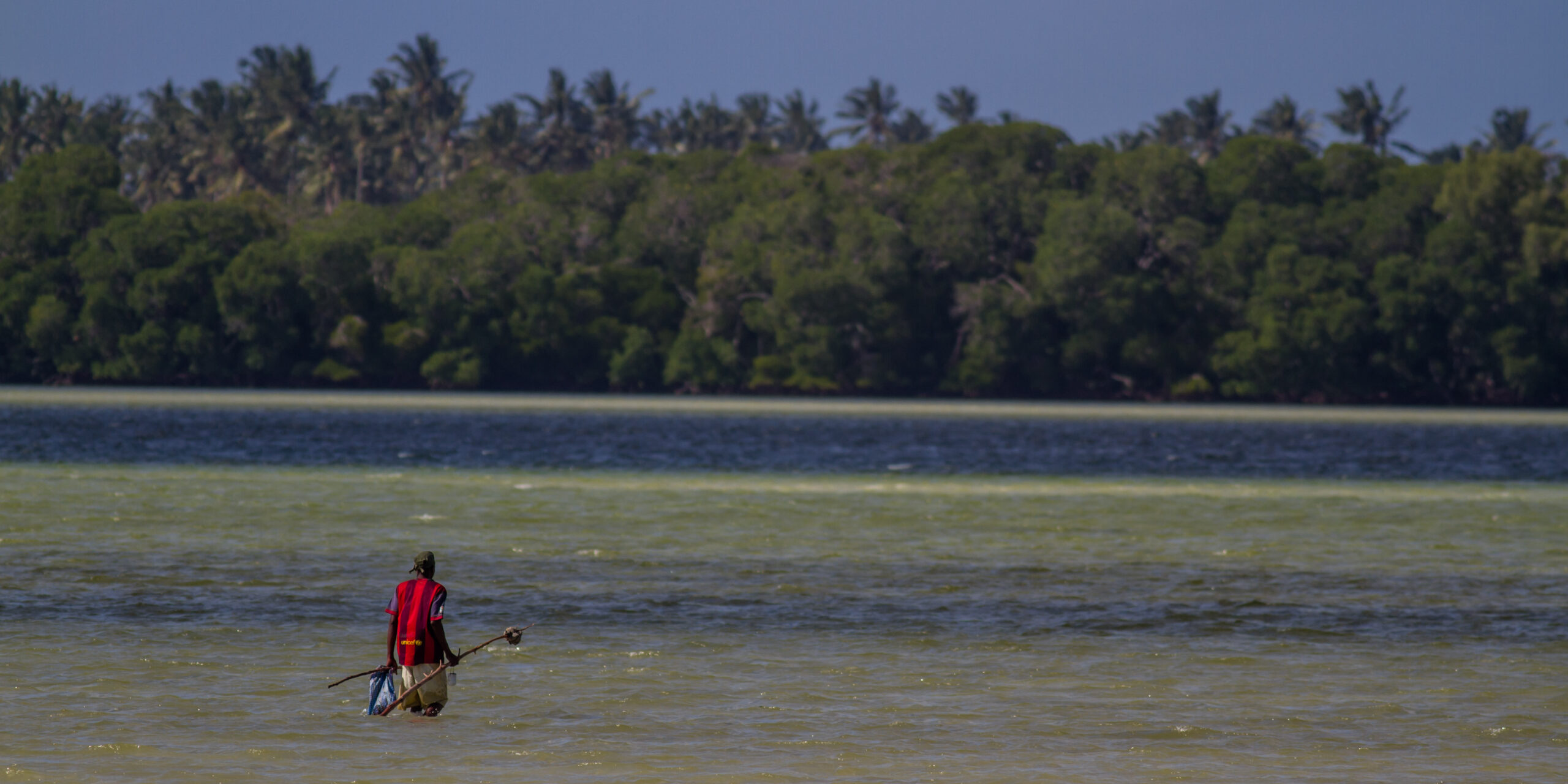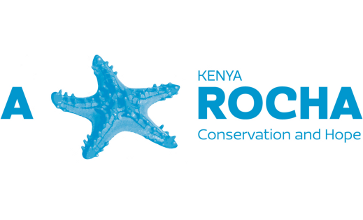Livelihood and well-being survey
Picture this – You’re a fisherman going about your fishing activities either in the evening or early morning and one day, boom! You are not supposed to leave your house and go fishing, worse when you do manage to leave and go fish, your catch is not selling as much as you normally do. You find yourself in a predicament, perhaps a conundrum? What do you do?

A fisherman at Mida. Photo credits; A Rocha Kenya
Sadly, the above image is the fate most local communities depending not only on fishing, but directly on the extraction of resources from the ecosystem to sustain their livelihoods found themselves in when COVID-19 became a reality in Coastal Kenya. Kilifi County was hit-hard in the beginning as it was one of the hotspots of the coronavirus in the country and for three months its borders were closed.
Given the foregoing, A Rocha Kenya in collaboration with the University of St Andrews and Local Ocean Conservation and with support from Kenya Wildlife Service (KWS) designed a project focused on mitigating the effects of the COVID-19 crisis. The project was funded by the UK Global Challenges Research Fund (GCRF) and the Scottish Funding Council. The aim was to complete a livelihoods and wellbeing survey which provided basic finance to survive food and income shortages during the C19 crisis, communicate C19 messages and review the success of existing alternative livelihoods initiatives. The survey was operationalized via mobile phones in the villages of Mida and Uyombo that border the Watamu MPA. It came to a close at the end of July with 312 households reached.
Further to the livelihood survey, we also focused on developing a community ‘marine scouts’ programme that provided unemployed and less-educated youth over 18 years with training and stipend pay. The programme involved the local youth in collecting data for surveys concerning village elders, community groups, fishermen groups and bird monitoring, from the villages adjacent to the Watamu MPA. The programme saw over 66 local youth employed and benefit from the programme.
Going forward, we are focused on analysing all the data that was collected and presenting it on our marine governance webpage https://www.arocha.or.ke/projects/marine-governance/ so that it can benefit the many who need this baseline information.
